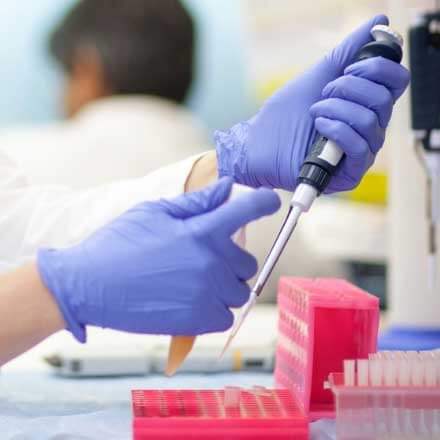Speaker Profile
M.D., Chief Medical Officer, Genection
Biography
Dr. Patay is dedicated to improving health by integrating genomic knowledge into medical care. He has authored numerous articles in his field, presented at multiple conferences and has been featured in Bloomberg Business Week. Dr. Patay has been involved in the design and implementation of the MyAML and MyHeme products. He has been head of the Internal Medicine section at Scripps Torrey Pines, worked as an Assistant Professor at STSI, has been a founding member of the Board, and Vice President of the College of Genomic Medicine- which was established in 2010 to educate physicians and other health care professionals about genomic medicine. He graduated in economics and molecular cell biology from the UC Berkeley. Received his M.D. degree at UC San Diego, and is board certified in Internal Medicine and Pediatrics.
Talk
Importance of Design Controlled Assays in Hematopathology
Within hemapathology, the driving genetic variants have become known spurring the National Cancer “Moonshot” initiative to eliminate cancer. This endeavor can only be achieved with harmonized regulatory requirements in view of the pressures of a globalised manufacturing market for medical devices so one can deliver quality products to the marketplace.
Session Abstract – PMWC 2017 Silicon Valley
Session Synopsis: The advancement of the field of Precision Medicine, including the “Moonshot” to cure cancer, along with a variety of proposals to share big data are promising. But these endeavors will prove frustratingly empty unless we recognize and address the shortcomings of current diagnostic tests and the generation of “big data”. Further, money drives success and reimbursement depends on demonstrating that biomarker tests provide clear clinical value. This value proposition will lag unless we embrace standards, which exist but are not being embraced by the international community. This session will show how design-controlled development and validation of internationally harmonized biomarker assays will prove critical to achieving the promise of precision medicine.




